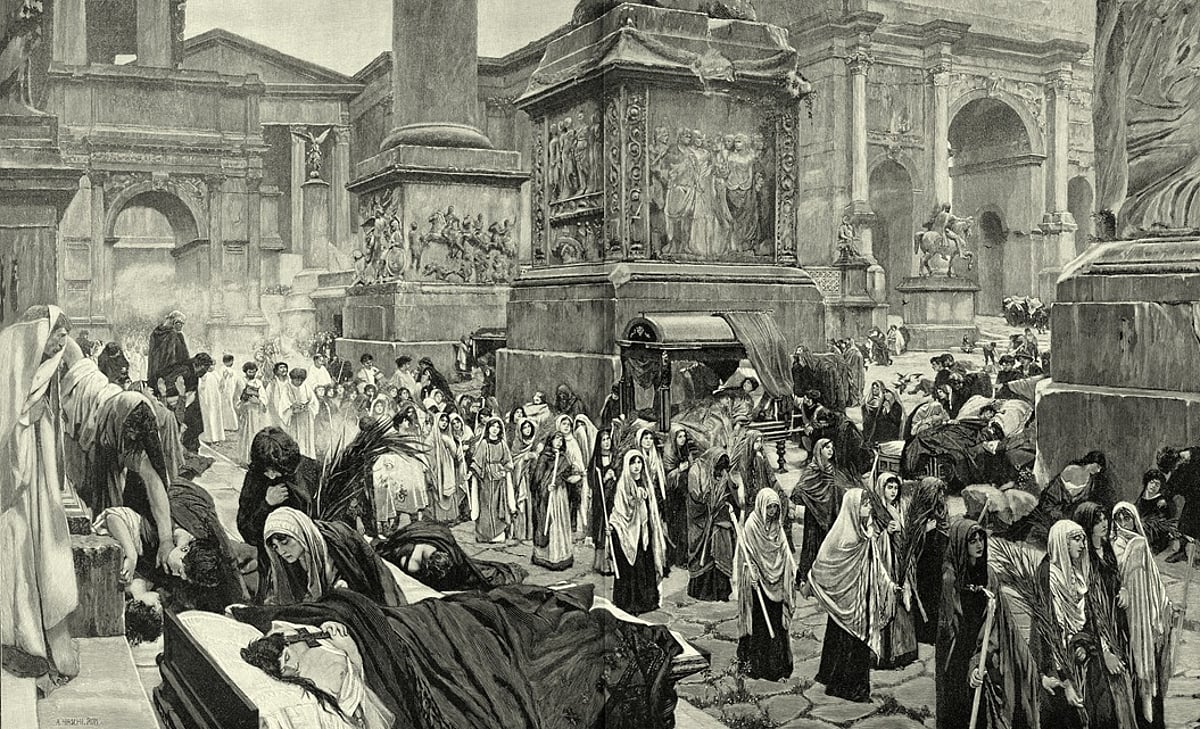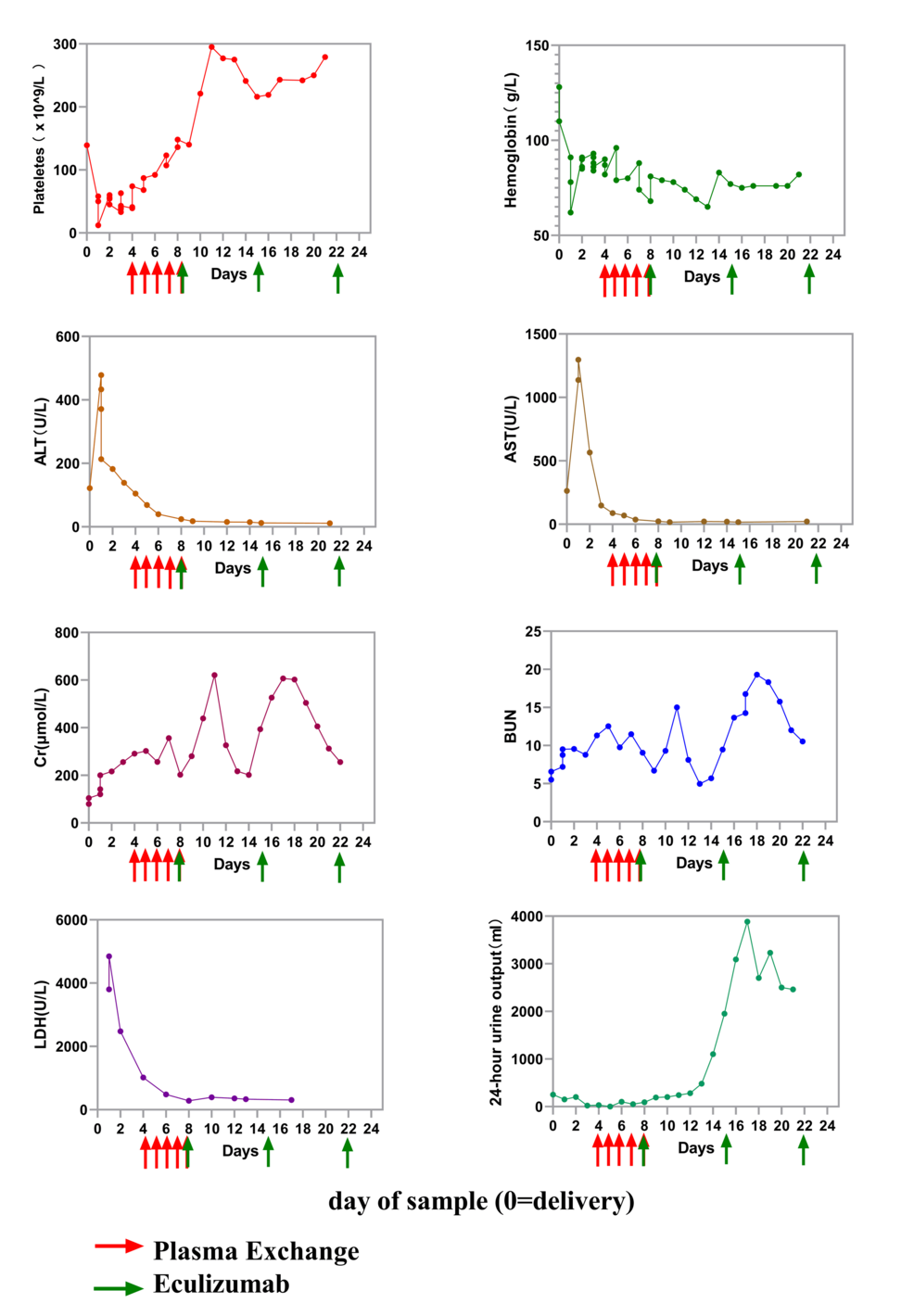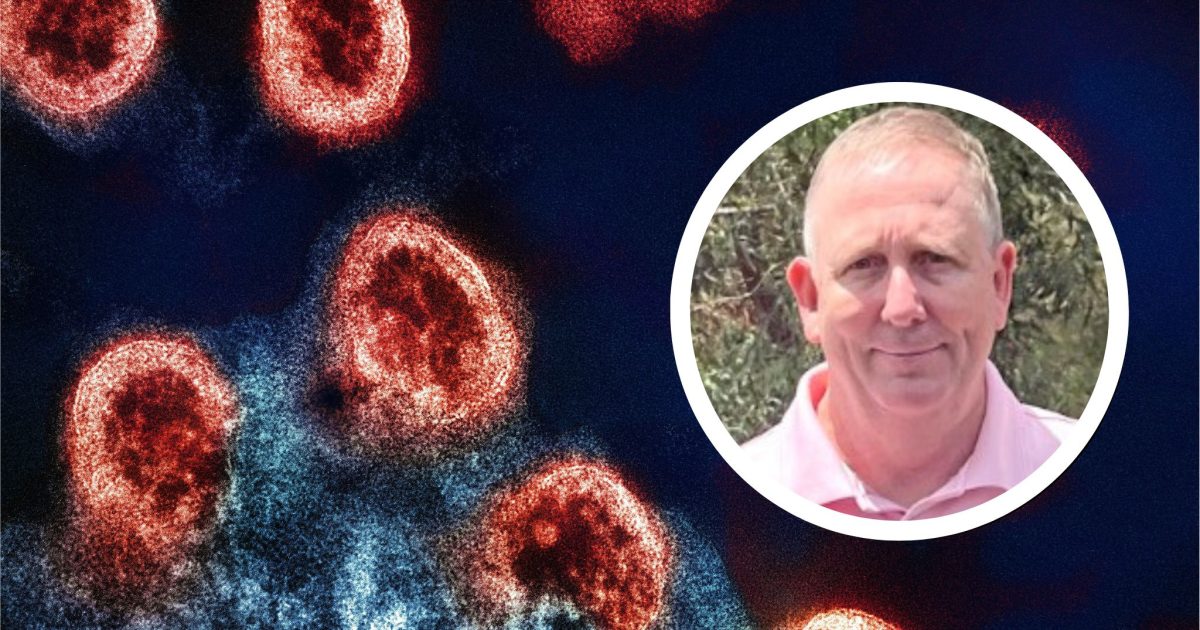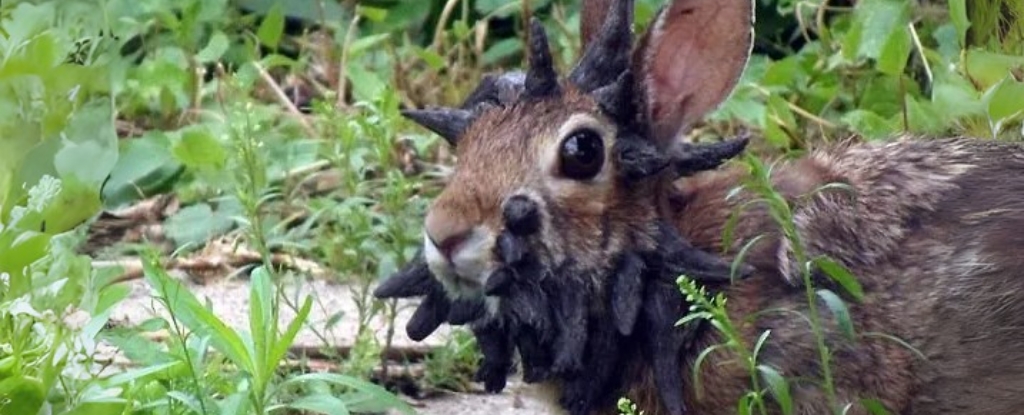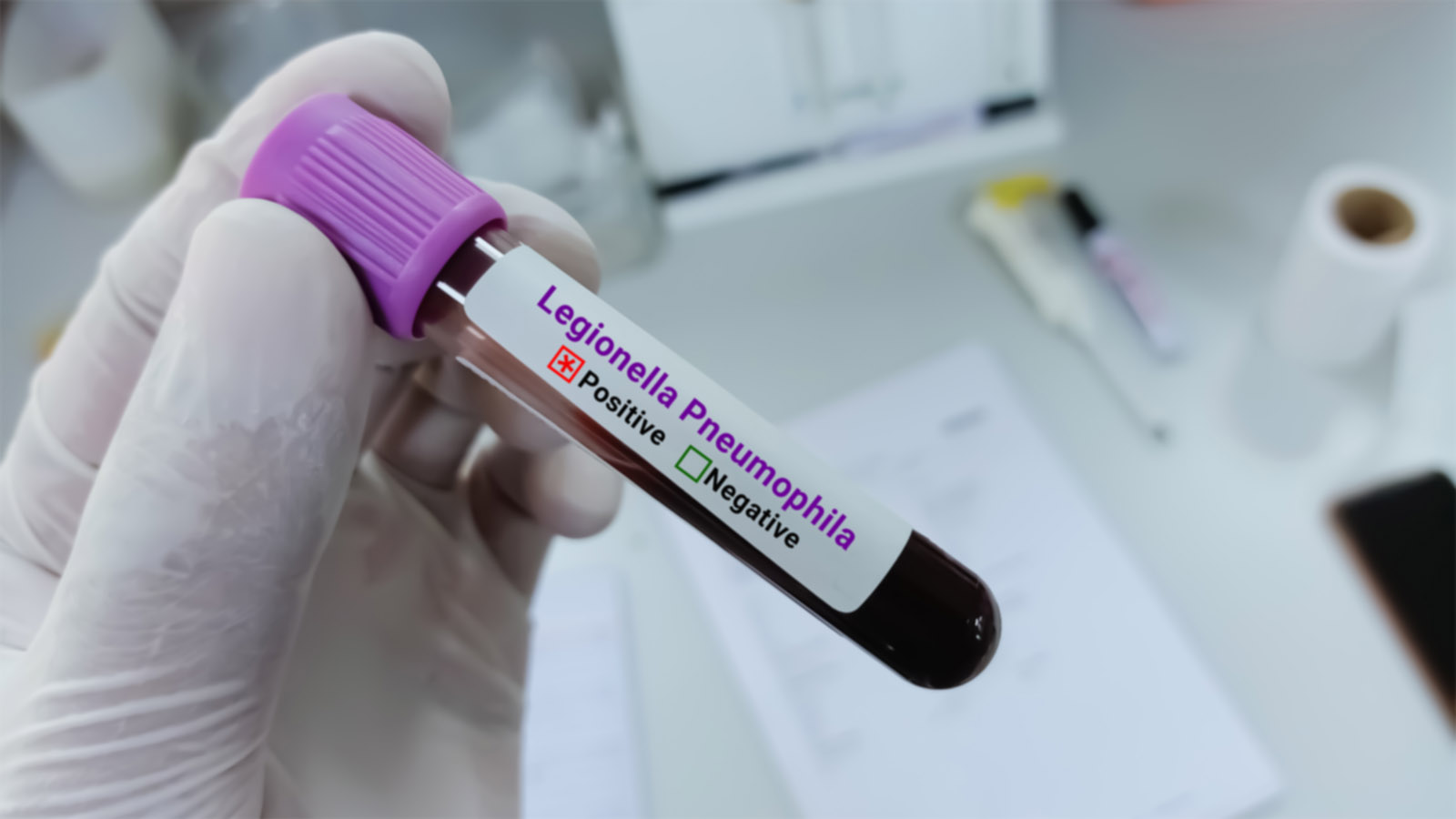Polio Outbreak Declared in Papua New Guinea: Urgent Vaccination Campaign Launched

In a grave warning regarding public health, Sevil Huseynova, the World Health Organization's representative in Papua New Guinea, announced, "We have to do something about it and we have to do it immediately." This announcement comes as the country faces a polio outbreak that poses a serious threat not just to its citizens but to the wider region. The concern is that the infectious disease could spread beyond the borders of Papua New Guinea if immediate action is not taken.
Currently, less than half of Papua New Guinea’s population is immunized against polio, a disease that has been close to eradication but has seen a resurgence in various parts of the world. The outbreak's emergence follows the unsettling discovery of polio virus samples in two healthy children during routine health screenings in Lae, a coastal city located in the northeastern part of the country.
As a response to the outbreak, the World Health Organization has officially declared the situation an emergency and has called for an immediate vaccination campaign to mitigate the spread of the virus. Dr. Huseynova emphasized the necessity of achieving widespread vaccination, stating, "We have to make maximum effort to get 100% [vaccination] coverage." She underscored that "Polio knows no borders," indicating the potential for the virus to easily cross into neighboring regions.
Polio is a disease caused by the poliovirus, which primarily spreads through contact with the feces of an infected person or through respiratory droplets when an infected individual coughs or sneezes. It predominantly affects children under the age of five, putting them at the highest risk for developing severe complications.
Although most individuals infected with the virus do not exhibit symptoms, a subset of patients—between 1 in 1,000 and 1 in 100—may develop serious complications leading to paralysis. This paralysis can become life-threatening, particularly if it impacts the muscles responsible for breathing. The country had previously celebrated being polio-free since 2000, until a similar outbreak occurred in 2018, which was successfully contained within the year.
The recent cases of polio in Papua New Guinea have been genetically linked to a strain of the virus circulating in Indonesia, highlighting the interconnectedness of health risks in the region. The border with Indonesia's easternmost Papua province poses additional challenges for control efforts.
In a show of commitment, Papua New Guinea’s Health Minister Elias Kapavore has pledged to achieve 100% polio immunization coverage by the end of the year. "There is no excuse... Polio is a serious disease," he asserted, emphasizing the urgency of the situation.
The current vaccination campaign is aimed at children aged ten and under, with an ambitious target of reaching approximately 3.5 million individuals across the country. The Department of Health has communicated that "The battle on polio starts today," via a recent Facebook post, signaling a determined initiative against the disease.
Support for this campaign is being provided by several organizations, including the WHO, the United Nations children's agency UNICEF, and the Australian government. Veera Mendonca, UNICEF’s representative in Papua New Guinea, highlighted significant disparities in vaccination rates, noting that some districts have coverage as low as 8%. "That is not acceptable," she stated. UNICEF is actively collaborating with local churches and community leaders to promote vaccination and counter misinformation that may deter families from vaccinating their children.
The resurgence of polio is not confined to Papua New Guinea; it has been a growing concern across Asia in recent years. For instance, Pakistan reported 74 cases last year, while Afghanistan recorded 24 cases. Further complicating the global health landscape, the WHO has issued warnings regarding a potential outbreak in Gaza following the detection of the virus in wastewater samples.











